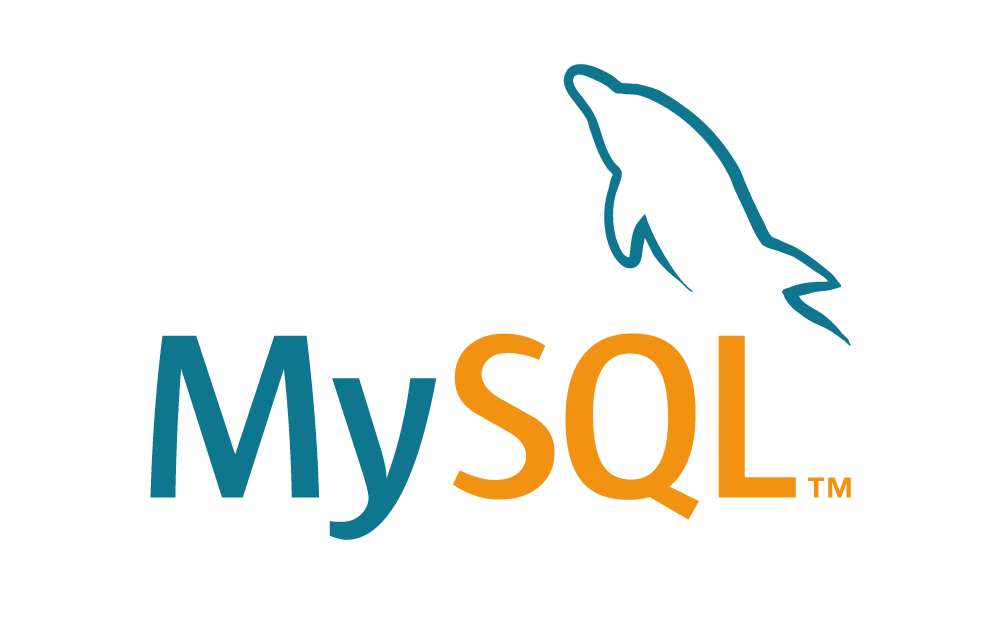MySQL - A powerful database technology for your business
In a digital world where data is the most valuable asset, it is crucial that your company has access to an efficient and reliable database technology. MySQL is one such technology that stands out for its power, security and flexibility. In this article, we will give you a comprehensive overview of MySQL, how it works, possible applications and how it can help your business succeed.
What is MySQL?
MySQL is an open source relational database management system (RDBMS) based on Structured Query Language (SQL). SQL is a standard programming language used to create, manage and query relational databases. MySQL was originally developed by Swedish developers David Axmark, Allan Larsson and Michael "Monty" Widenius in 1994 and has since become one of the most popular database technologies in the world.
MySQL's popularity is due to its performance, scalability and low cost. As open source software, MySQL can be downloaded, used and modified for free. It is supported by an active developer community that continuously makes improvements and enhancements to the software.
Why MySQL for your business?
Why MySQL for your business?
Performance: MySQL is known for its high performance and speed in processing large amounts of data. It uses efficient algorithms and indexing techniques to perform complex queries and transactions in real time. This performance makes MySQL ideal for use in mission-critical applications where fast response times and data integrity are of utmost importance.
Security: MySQL provides a number of security features to ensure your data is protected. These include encryption, user authentication, access control and security monitoring. With these features, you can ensure that your data is protected from unauthorized access and that data security requirements are met.
Scalability: MySQL can easily scale to meet the growing needs of your business. It supports both vertical and horizontal scaling, so you can distribute the database on additional hardware or across multiple servers to increase performance and availability.
Flexibility: MySQL is platform independent and can be deployed on a wide range of operating systems and hardware configurations. This gives your organization the flexibility to choose the best environment for your database needs without being locked into a specific platform.
Cost-Effectiveness: As open source software, MySQL does not incur licensing fees. This allows your organization to leverage powerful database technology without the costs associated with proprietary solutions. In addition, there are a large number of developers and support communities that provide free support and resources for MySQL.
Integration: MySQL can be easily integrated with a wide range of applications and technologies. It is compatible with popular programming languages such as PHP, Java, Python and .NET, so developers can easily create applications that access MySQL databases.
Possible uses of MySQL
Possible uses of MySQL
MySQL is used in a wide variety of industries and use cases. Some examples include:
Content Management Systems (CMS): MySQL is the preferred database technology for many popular CMSs such as WordPress, Joomla, and Drupal. It enables the management of content, users, and settings to create engaging and functional websites.
E-commerce platforms: MySQL is an important component of e-commerce platforms like Magento and WooCommerce. It enables the management of product data, orders, customer information, and payment processing while ensuring fast and reliable performance.
Customer Relationship Management (CRM): MySQL is widely used in CRM systems to manage customer information, sales activities and marketing campaigns. It enables companies to gain valuable insights about their customers and create personalized customer experiences.
Analytics and Big Data: MySQL can be used as a backend database for analytics and Big Data applications. It enables the storage, processing and analysis of large amounts of data to identify patterns and trends and make informed business decisions.
Mobile Applications: MySQL is a popular choice for mobile applications because it provides a powerful and scalable database solution that works on multiple platforms. It enables real-time storage and management of user data, settings, and content.

MySQL is a powerful and flexible database technology that is ideal for businesses of all sizes. With its high performance, security, scalability and cost-effectiveness, MySQL offers the ability to support a wide range of applications and requirements. By integrating MySQL into your enterprise infrastructure, you can ensure that your business is well positioned for success. If you are interested in using MySQL for your business or want to learn more, you can contact our experts to help you choose the right solution and implementation.
